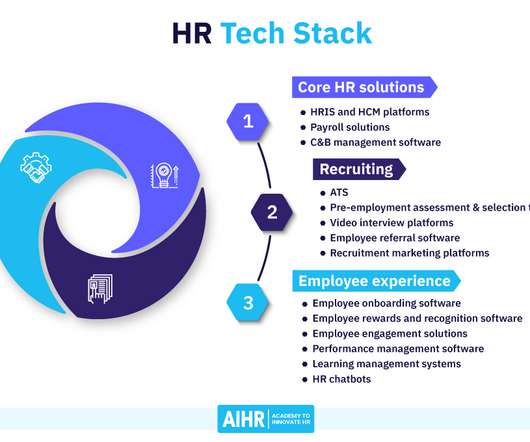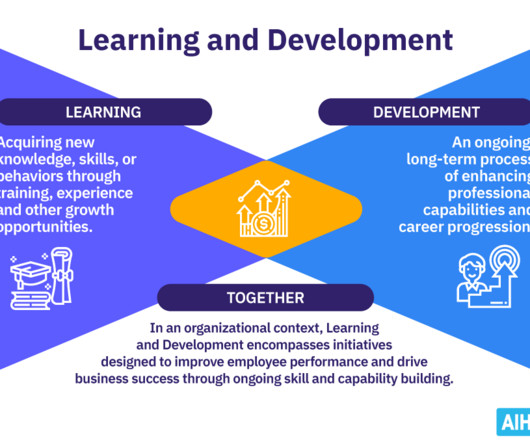6 Workforce Metrics with Significant Financial Impact
UKG
JUNE 4, 2021
CFOs are seeking out data on absences for sickness or injury, varying rates of absence across multiple worksites, average lengths of time off, and other wellness-related data that was previously thought of as more the domain of human resources. Lost-time injuries per employee. Paid time off and leave requests. Data analysis.

























Let's personalize your content